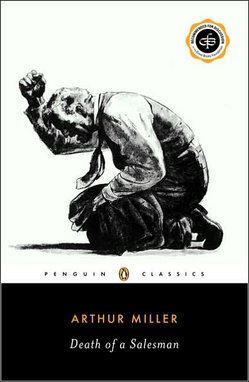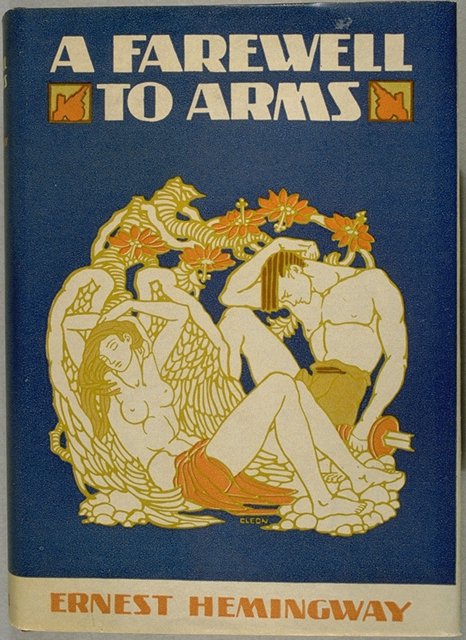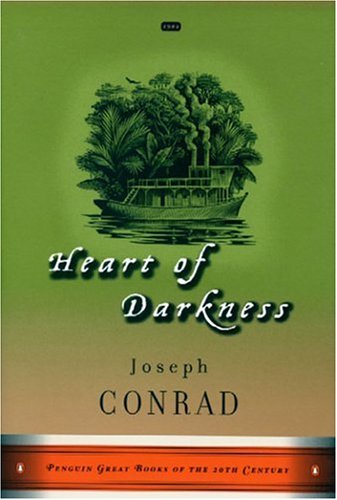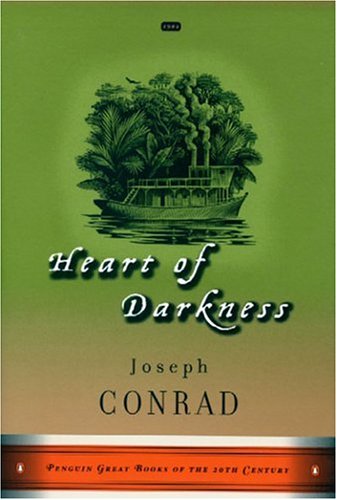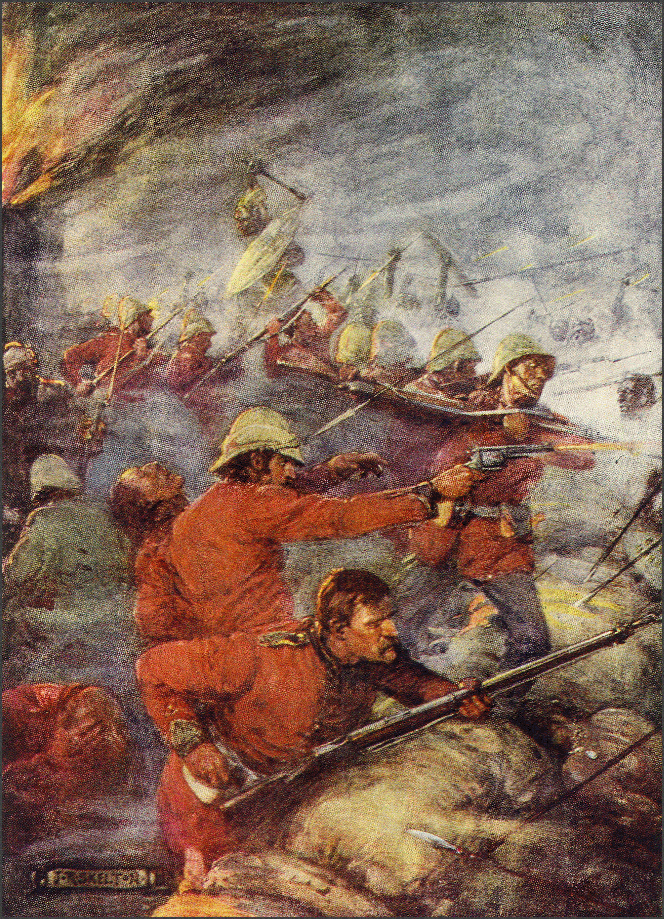This is just a simple one dimensional review by category of A Farewell to Arms. The purpose of this post is mostly to encourage others to read a highly recommended work of literature. It is another classic Hemingway piece focused on his personal experiences during WWI. An absolute treat to read. Hemingway was on the Italian front as an ambulance driver. He was seriously injured during his time there. The consequences psychologically and physically are an unquantifiable thing but his subsequent contribution to English literature is unquestioned. The Sun Also Rises is also worth checking out….
Style of Writing: Hemingway has a very bizarre and intriguing style of writing. Clearly, Hemingway has developed one of the most famous prose styles of the century (20th). Often, he will emphasizes nouns and verbs over adverbs and pronouns. In AFTA, Hemingway writes in a limited word-palette and is a passive, simple read. Hemingway was the Miles Davis of literature in his time and was very popular for his grooving talk and his smooth smooth walk. One can say this of Hemingway “you are cool and fine, man!”
The Prose: sometimes Hemingway is not clear and precise in his syntax. His sentences often are confusing and difficult to discern meaning from. However, Hemingway’s voice is nice and plain simple. He is declarative and smart, bringing feel to the story with the manner in which he tells it.
Linguistics: the Italian, French spin on language, one learns to love (complex) English
Diction: simple and acute. No wide but puts context into frame.
Sentence Structure: bizarre and creative. Well set and designed in fine fashion.
Tones: once again, simple. Hemingway (in life) spoke with a plain voice as in the story.
Irony: numerous examples of irony show Hemingway’s use of this art.
Humor: funny stuff. Not very consistent and sometimes what is intented is not achieved.
Drama: intense story line at certain sections well played upon at the denouement.
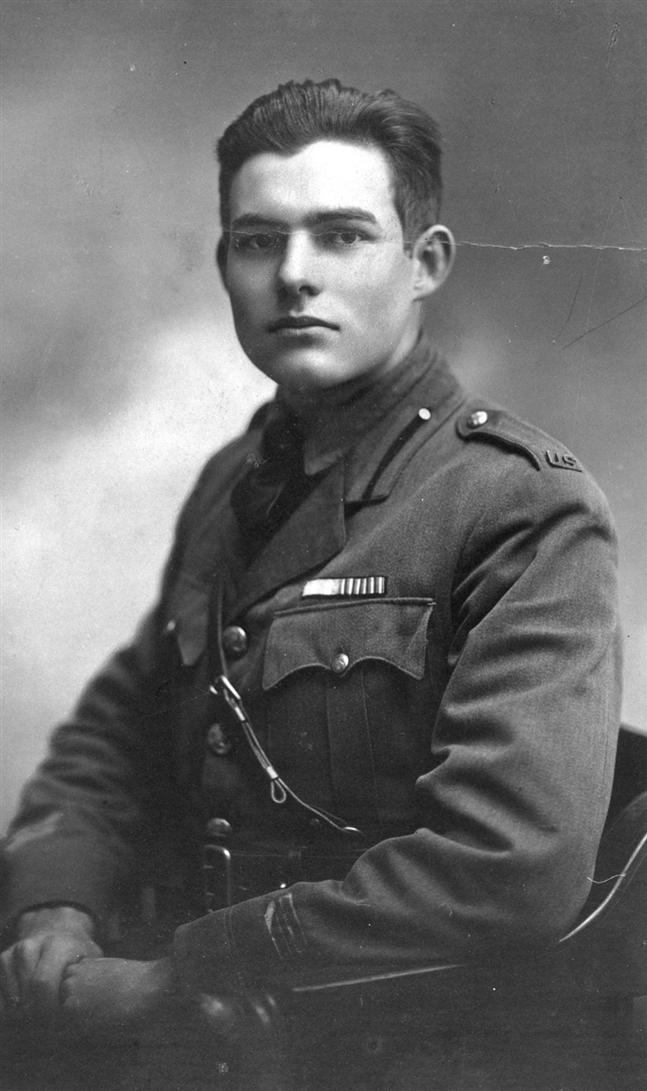
Significant Conflict: war, love, happiness etc. all educational for the reader.
Entertainment Value: a great story to read and a relaxing getaway from lives little problems. AFTA is simply a good good story. Lovably written, the prose is just the surface of the intriguing story. Although the starting boring the middle and ending are interesting enough. The romance is a good teacher of love and the plot is graceful. Plot is nicely setup and told.
Depth of Meaning: Not too deep at all. It’s more a story than a messenger of ideas. Very refreshing since most “good” books have more message than story.
Plot: intriguing and simple all at the same time. The story starts at war with the MC doing his thing. Clearly, the plot is very easy to follow and at the end the story ends quickly. The story is both grand and small all at once. The start is of course boring.
Simplicity: it is very simple and enjoyable. The smooth flow is a plus.
Theme: the ideas for the story are very small and minutely placed. The mountain and the plains is a key element. It is not the theme of war but love that decided the novels closing and clearly this is the emphasize in the story.
Setting: the Italian mountains are a beautiful picture for the reader. The World War II setting is both intriguing for readers and sets the stage for exciting situations.
Atmosphere: The green, the white, the cold, the light. It’s all there. It’s all good.
Imagery: the images of war are griping and real. Hemingway exposes our intrigue into the conflicts of war with this look into the symbolism of the rain, the snow, and the mountains.

Character Depth: the main protagonist is clearly a simple man who encounters a strange new world. He seems to be a bit strange and unnatural since he is an American but the reader should accept this. By the end of the novel the (MP) is more a man than a boy and is mature and strong. The other characters are somewhat interesting but clearly characters are not the highlight of the book.
Likeability of Characters: The characters are likeable. They seem very human and mostly natural except on occasions where their dialogue seems strange due to translation. MC is a plain a man. Catherine is a bit strange.
Credibility: Very credible since it is a true story about a man and the woman he loves.
Overall Likeability: ********1/2 The Theme of A Farewell to Arms
The Theme of A Farewell to ArmsWar: the Italian front of WWi
Brutality of war: the murder of deserters
Desertion of War: narrator escapes war
Negative discussion of war “War hatred”
The ideas to stopping war: excepting defeat
War-time strategies {interesting history}
Hemingway’s “life influence” on the story
The conflict and the strange narrator
Average narrator normal sub-cast
Austrian/Enemy simplicity
The Hemingway prose: so simple, so refined
French, Italian, Spanish languages v.s. English
Bizarre dialogue {translation}
Strange thinking voice of narrator
Death, destruction and murder
Symbolism of the rain & the snow
Mountains and the plains
Scenery of green trees and blue lakes
Dramatic ending: Stillborn
Birth: the dead baby and the dying mother
The development of the main character
Wonderful relationship
Love: the main protagonist & Catherine
Love mixture, love stuff, sex
Romance Theme: love making
Touching characters: Catherines wit
Atmosphere of beauty
The SIMPLE story*

